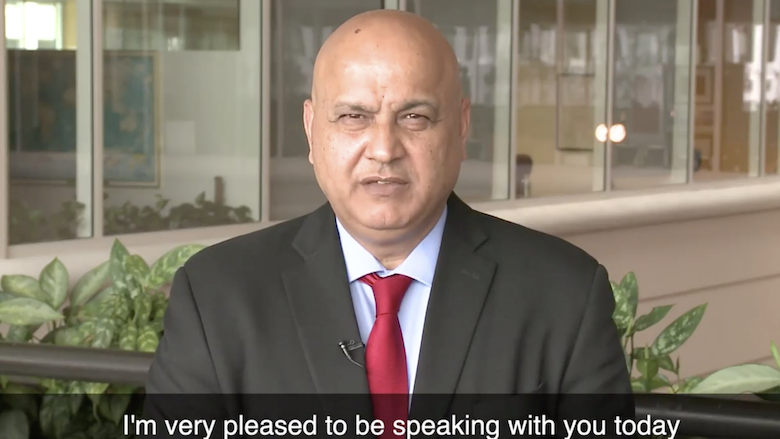Jordan has embarked on a reform program to transition its economy from aid to investments. This program aims to drive growth, create more and better jobs for all Jordanians and recover economic stability.
To support the Government of Jordan (GOJ) efforts on this reform path, the World Bank Group’s Board of Executive Directors approved a US$1.45 billion financing package on June 4, 2019, to help Jordan stimulate inclusive growth and create more jobs for all. The Second Equitable Growth and Job Creation Development Policy Loan (DPL2) is closely aligned with the Government’s medium-term reform agenda, known as the Five-Year Reform Matrix (2019-23), and the Prime Minister’s two-year plan Road to Renaissance (2019–20), which complements the economic plan of the Five-Year Reform Matrix with governance and social reforms.
DPL2 is the second operation in a programmatic series of two DPF operations supporting the Government of Jordan’s reform program. The DPL2 continues and deepens the policy reforms supported under the DPL1 approved by the Board of Executive Directors on June 27, 2018.
Objectives of the Second Equitable Growth and Job Creation Programmatic DPL
The DPL2 aims to reduce business costs, attract new investments in priority sectors of the economy, create more flexible and integrated labor markets and improve fiscal sustainability. The program will also provide better social assistance to the poor.
The DPL2 is structured around three pillars aimed at setting the foundations for higher growth:
Pillar 1: Reducing business costs and improving market accessibility. This pillar will support a set of reforms that position Jordan as Open for Business. The reforms are expected to contribute to private sector investment, growth, and job creation by cutting down regulatory complexity, reducing business costs, reducing barriers to entry and investment, improving access to finance, and promoting exports. The reforms are expected to encourage domestic and foreign investments and create an environment conducive to business growth.
Pillar 2: Creating more flexible and integrated labor markets and providing better and more efficient social assistance. This pillar will address institutional discrimination against women in the labor market and allow easier entry of high-skilled foreign workers to complement demand for local labor. The reforms address pressing issues that affect job performance of the Jordanian economy: A drastically low female labor force participation rate and weak demand for labor.
Pillar 3: Improving fiscal sustainability and taking more informed decisions regarding risk. This pillar will support fiscal sustainability through revenue mobilization, more efficient public investments, and better management of fiscal risks. It includes a roadmap for financial sustainability of the energy sector and a revision of the PPP Law.
Through this operation and anticipated future support, Jordan will continue to promote investments, to allow its internal markets to become more contestable, and to facilitate the access of the existing pool of highly skilled women to the labor force. In addition, the DPL2 will allow the government to continue to expand and improve the targeting of social safety nets for the poor and vulnerable.


